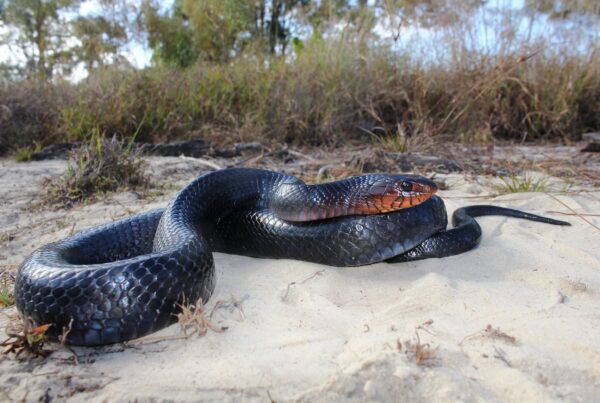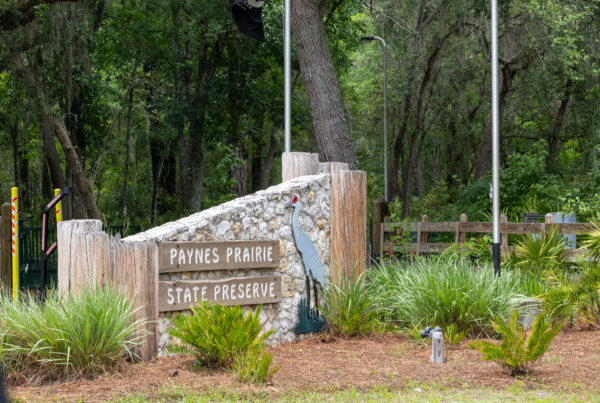
Despite the overwhelming, bipartisan opposition to building toll roads in rural North Florida, the Florida Department of Transportation again is being tasked to develop a plan to build.
Nothing has really changed from when the Legislature ended the toll-road plan known as M-CORES. Protecting the Suwannee River basin watershed, complete with its environmental importance and its rural way of life, remains the reason for the “no build” mantra that echoes throughout the region.
Protecting one of the world’s most unique spring systems in itself warrants a reason not to build. So, the obvious question is, why is the state pushing to build?
Blame Hurricane Irma in 2017 and Gov. Rick Scott’s ill-advised call to evacuate from Florida. On Friday, before Irma came ashore in South Florida, there was slow-moving, wall-to-wall traffic nightmare on U.S 19/98 in Chiefland, with many desperate to find gas.
The Legislature passed Statute 377.601 in 2018, finally acknowledging climate change as a driving force behind the major hurricanes now being experienced. Clearly, building toll roads will not mitigate the adverse conditions driving climate change. The carbon footprint for these proposed highways would be immense, thus contributing to the very conditions that create climate change!
In the context of the recent report by the United Nations Climate Summit, COP26, it is imperative that greenhouse gases be brought down in order to reverse the warming of the earth. Of course, reducing emissions is the primary way to do this.
Sequestration or carbon capturing is a tool that could provide time to reduce carbon emissions. Regenerative use of farmlands, ranches and forests makes it possible to do sequestration. Protecting those lands from development should be priority No. 1.
Of course, one should forget that these lands protect our water, provide the food supply and maintain ecological balance. Toll roads do none of this. So, why build?
Granted, a lot of folks are moving to Florida, but that is not new. Apparently, now living in Florida has evolved into a high-stakes contest for home buying. Whoever has the cash wins, which is driving up the purchase prices of homes and rent. Low-wage earners are being priced out of the market.
With no place to live, who will cover the jobs they do? Maybe this will eventually create a condition in which the state will take down the “for sale”” signs to the highest bidder. Until that happens, there is a need to stress the underlining reason to not move to Florida: The state is ground zero for the adverse effects of climate change.
Insurance companies have known this for some time and have been moving out of the state, driving up the costs. The state’s insurance program is buckling under the strain of trying to cover the increased expenses of providing affordable insurance. Try getting a mortgage without insurance. Flood insurance costs are increasing even when one does not live on the coast.
The heat index, the increased temperatures combined with increased humidity, is making it inadvisable to go outside. Workers like roofers and farmers are already having trouble with this. Even folks who have to stay inside can die without AC. So, again, why build toll roads?
The use of conservation easements to protect land offers a major tool to fight the ravages of climate change. The 27,000-acre DeLuca Preserve, under the conservation management of University of Florida’s Institute of Food and Agricultural Sciences, offers an incredible example of the value of using conservation easements. It will provide protection one of the most endangered species of birds, the grasshopper sparrow, and at the same time provide a lab to further ecological studies.
As important, imagine the sequestration power of protecting 27,000 acres from development. Clearly, there are tax benefits to conservation easements but there is also a positive legacy created for the future that far exceeds the construction of a toll road or new development.
Finally, it is mandatory that there be a complete cultural commitment to address the very real threat of climate change. It is analogous to what we had to do during World War II. Building toll roads, taller bridges or sea walls in the name of resilience will not mitigate the dangers of climate change.
There is no time to waste. So, let’s start by not building toll roads in rural Florida.
About the Author: Jay Bushnell lives in Chiefland. He is a retired college educator and a board member of the Florida Wildlife Federation.
Originally published in the Gainesville Sun on February 18, 2022.






